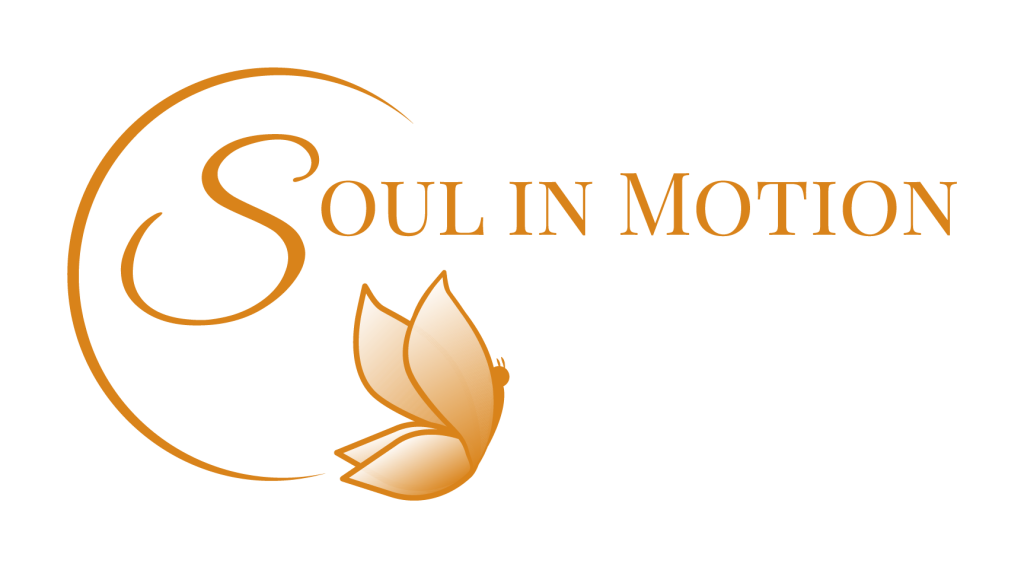Have you ever felt like the religious beliefs you grew up with don’t quite fit anymore? Maybe you’re starting to question things you once took for granted, or you’re noticing conflicts between your faith and your experiences. If so, you might be going through a process called “deconstruction.” This blog post will guide you through what deconstruction is and how to approach it in a healthy, constructive way.
What is Faith Deconstruction?
Deconstruction is the process of examining and questioning the religious beliefs and practices you’ve held. It’s like taking apart a puzzle to look at each piece individually. This process can be challenging, but it can also lead to personal growth and a deeper understanding of yourself and your beliefs.
Why Do People Deconstruct Their Faith?
There are many reasons why someone might start to deconstruct their faith:
- Personal experiences that don’t match religious teachings
- Learning new information that conflicts with beliefs
- Feeling hurt or disappointed by religious communities
- A desire for a more authentic spiritual life
- Exposure to different worldviews and perspectives
Steps for Healthy Deconstruction
- Acknowledge Your Feelings
It’s normal to feel scared, confused, or even guilty when you start questioning your beliefs. Remember, these feelings are a natural part of the process. Be kind to yourself as you work through them.
- Take It Slow
Deconstruction isn’t a race. Give yourself time to think deeply about each question or doubt. It’s okay to sit with uncertainty for a while.
- Find Safe Spaces to Express Yourself
Look for supportive friends, online communities, or a therapist who can listen without judgment. Having a safe place to share your thoughts can make a big difference.
- Keep an Open Mind
Try to approach your questions with curiosity rather than fear. Be open to new ideas, but also remember that you don’t have to accept every new thing you hear.
- Read and Research
Explore different perspectives on your faith. Read books, listen to podcasts, or watch videos from various viewpoints. This can help you make informed decisions about what you believe.
- Journal Your Thoughts
Writing down your questions, doubts, and new ideas can help you process them better. It also gives you a record of your journey to look back on.
- Separate Beliefs from Identity
Remember that questioning your beliefs doesn’t change who you are as a person. Your worth isn’t tied to what you believe.
- Focus on Values
As you question specific beliefs, try to identify the core values that are important to you. These can be a guide as you reshape your worldview.
- Be Patient with Others
Your family and friends might not understand your deconstruction process. Try to be patient with them, just as you hope they’ll be patient with you.
- Seek Professional Help if Needed
If you’re feeling overwhelmed or struggling with anxiety or depression during this process, don’t hesitate to reach out to a mental health professional.
What Deconstruction Isn’t
It’s important to understand that deconstruction isn’t about:
- Trying to destroy your faith
- Rejecting everything you’ve ever believed
- Becoming an atheist (though some people might choose this path)
- Disrespecting others who still hold the beliefs you’re questioning
The Other Side of Deconstruction
After you’ve taken time to question and examine your beliefs, you might find yourself in a place of “reconstruction.” This is where you start to build a new understanding of faith and spirituality that feels authentic to you. This might involve:
- Keeping some beliefs while letting go of others
- Finding new ways to practice spirituality
- Discovering a different religious tradition that resonates with you
- Developing a more personal and less structured approach to faith
Remember, there’s no “right” outcome to deconstruction. The goal is to find a way of understanding the world that feels true and meaningful to you.
In Conclusion
Deconstructing your faith can be a challenging but rewarding journey. I can personally attest to this. It takes courage to ask tough questions and examine long-held beliefs!
And yet, by approaching deconstruction with patience, openness, and self-compassion, you can turn it into a positive experience of growth and self-discovery. And what a beautiful gift that is.
Learn More
If you’re interested in learning about therapy geared specially toward religious/spiritual harm and faith deconstruction, we welcome you to visit our Religious Trauma & Spiritual Abuse Therapy Page.
If you’d like to learn about how we could support you in exploring your shifting spiritual life, visit our Spiritual Development Coaching and Community Groups pages.
If you’d like to reach out to us, you are welcome to contact us here.









